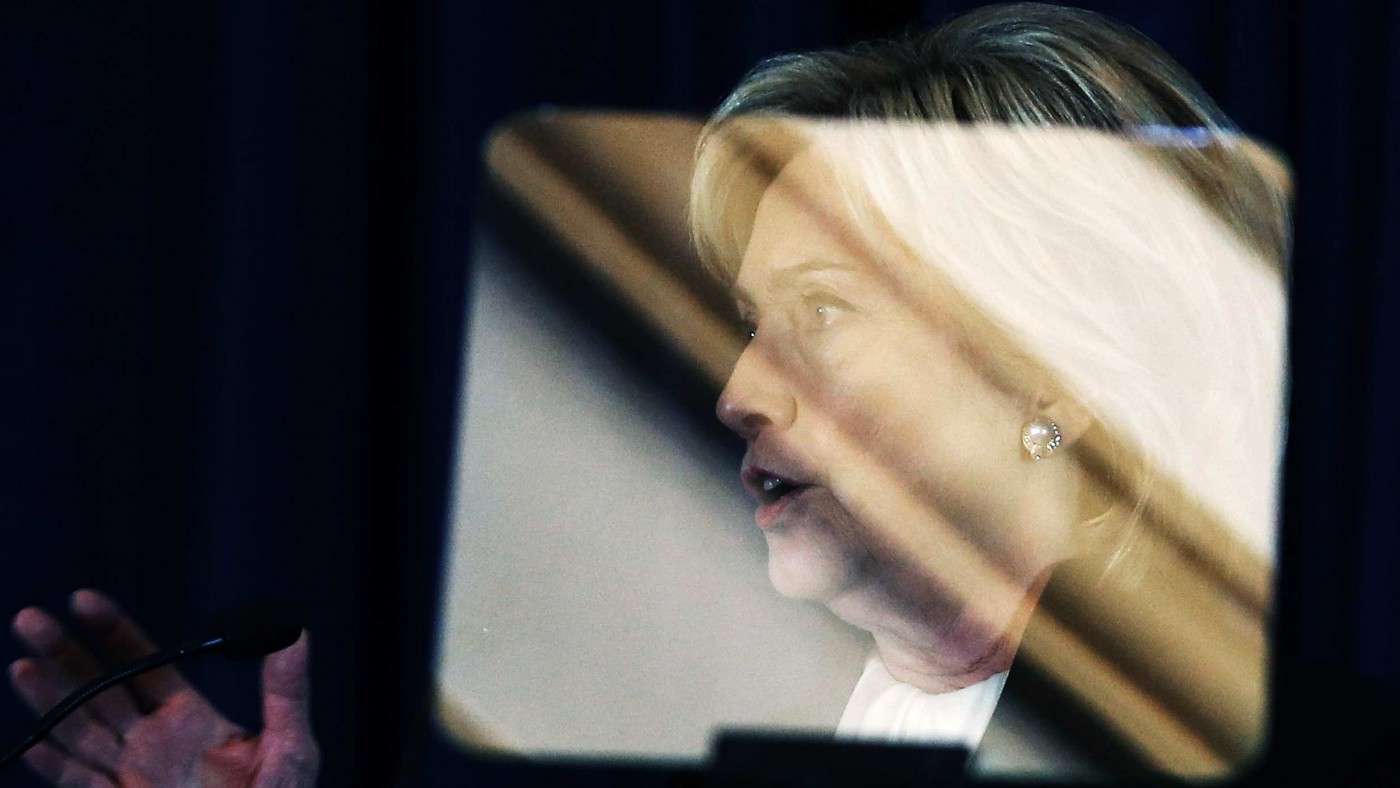“There is one conclusion to be drawn from this contretemps that is not open to debate: Trump has done an enormous favor for President Obama and Hillary Clinton,” declares Commentary Magazine’s Jonathan Tobin.
Tobin is perfectly correct that Republican frontrunner Donald Trump sounding like xenophobic isolationist should be the gift that keeps on giving to Democrats and especially prospective nominee Hillary Clinton. And yet, as several commentators are noting, Trump is only temporarily masking a serious hole in the Democrats’ argument toward retaining the White House next year: When it comes to national security, Americans just don’t trust them.
As Josh Kraushaar points out at National Journal, Democrats have a serious national security problem when they cater “to a base that seems disconnected from the growing anxiety that the public feels over the threat from Islamic terrorism.”
Kraushaar continued,
That it took four days for the president to unequivocally call the San Bernardino attacks “terrorism” underscored how his own instincts are at odds with the American public’s. The decision to give a nationally televised speech without outlining a change of course suggested that administration officials were worried about declining poll numbers and that he was trying to limit the political damage. And for an administration that likes to narrowly tailor Obama’s message to his most enthusiastic supporters, scheduling a prime-time speech for many millions to see (it was his first Oval Office address since 2010) was a concession that he’s not persuading the larger public.
William Galston’s Wall Street Journal column (subscription required) is devoted to arguing the White House should fix the president’s “credibility gap” on fighting terror. He quotes at length all the polls highlighting Kraushaar’s point that Americans fear terrorism much more than the White House realized and as a result judge Mr. Obama poorly on his handling of terrorism (only 38 percent).
Bernie Sanders agrees that terrorism is a huge problem but he argues that there are lots of big, domestic problems facing America – not to mention climate change – so really it’s just one of the issues he’ll have to deal with as president.
Given that polls show nearly 70 percent of Americans think the nation’s response to ISIS has been insufficient, Sanders’ ordering of concerns isn’t likely to calm voters’ shaken nerves.
And what about the Democratic front-runner, the one who was Secretary of State, Hillary Clinton? Kraushaar calls her situation a “political pickle” between shoring up Obama’s liberal base and the wider public’s new hawkishness.
Ideally, she’d be able to stand lockstep with the president’s policies, touting his leadership in a time of crisis. Instead, she is trying to carefully balance her support for the president while subtly expressing areas of disagreement.
On ABC’s This Week, she said she believed there were “additional” unnamed steps to take against the terrorist group beyond what the administration is doing. At Sunday’s Saban Forum, she said the need for “action is urgent” against ISIS, specifically calling on Silicon Valley firms to do their part to disrupt the terrorist group’s online communications. At the same time, she ruled out deploying American troops to fight the terrorist group and, like Obama, argued that labeling the threat as “radical Islam” would only inflame the problem.
Is banning speech and unnamed steps against ISIS really the best Clinton can offer? Trump is only going to be a smokescreen for a limited time. When that smoke clears, the Democrats and Clinton especially will have to make a better argument.


